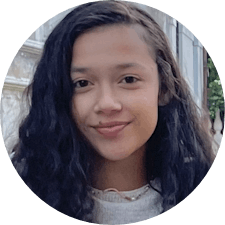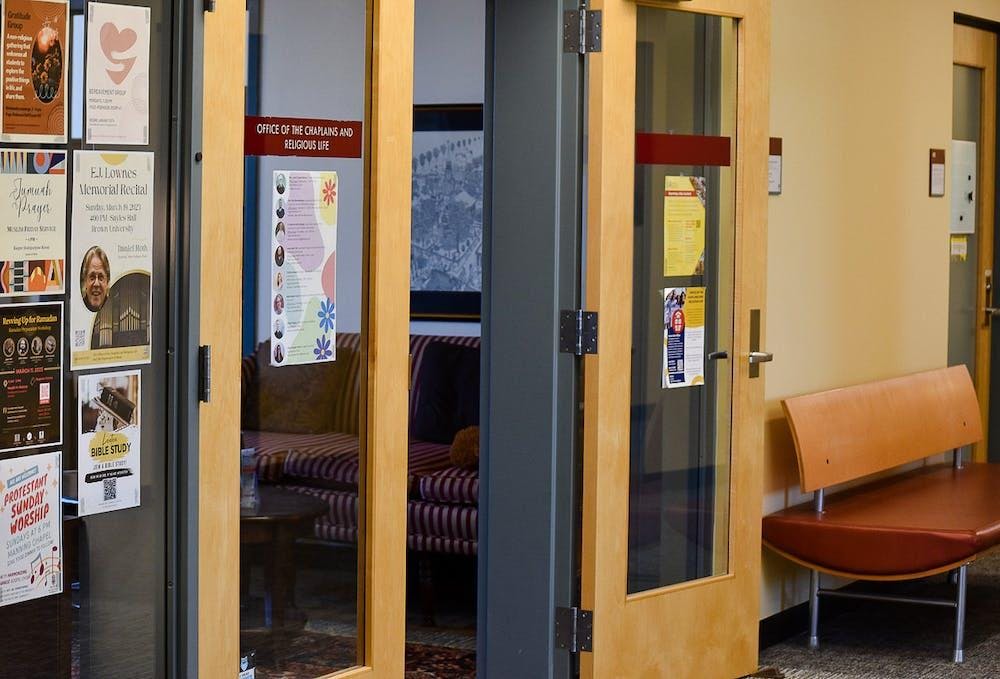In the aftermath of the University Hall sit-in conducted by BrownU Jews for Ceasefire Now and the subsequent arrests of the 20 participating protestors — and amidst escalated violence in Israel and Gaza — religious leaders on campus have responded with messages of love and support for the entire campus community.
“I am, by definition, in favor of every Brown student, no matter who they are,” University Chaplain Janet Cooper Nelson said, emphasizing that she will work to promote “advocacy, support, confidentiality, love, compassion — all the values that our religions teach.”
In the case of advocacy such as the sit-in, Cooper Nelson noted that student activism, sometimes resulting in legal and disciplinary consequences, has a “lively and long tradition at Brown.”“Everyone has commented on the politeness, the orderliness, the consideration that the students sitting in demonstrated, and I also think that's a Brown quality,” she added.
Rabbi Josh Bolton, executive director of Brown-RISD Hillel, emphasized that Hillel works to support all Jewish students as a community.
“This is a really difficult moment, and the Jewish student community possesses a real diversity of perspectives and opinions,” Bolton said. “At times of global strife and war I think our community tends to feel its divisions more than its wholeness.”
“I know there will be some communal wounds, but ultimately (Hillel’s) goal and vision is to continue to weave together a diverse and highly engaged community, one that is pluralistic and one in which everybody can find their place,” he added.
As campus continues responding to the Israel-Hamas war, religious leaders are attempting to give students the support to get through everyday life, with little input on activism.
“We try and do our best to neither prejudice or shape the agenda, nor chill it,” said Imam Amir Toft, associate chaplain of the University for the Muslim community. He added that the chaplains are working with faculty and administrators to “foster a collegial environment where nobody in the administration is really trying to force a particular direction of student advocacy and activity.”
“Students are trying to get through the ordinary — but important — things in life,” Toft added. “Our work is to try to remain centered and balanced so that when students come with that, we're not so hyper-focused on a very important aspect of what's going on that we're not able to attend to them.”
Chaplains have sought “to be available to students and their families and alums and people in the community,” Cooper Nelson said. “If you can, picture us trying to wrap our arms around the community — the whole of the Brown community — without prejudice.”
The chaplains have “tried to be in the Ratty, be at Shabbat dinner, be at Catholic center events, go to Jummah prayer — just be present in our communities, so students see us there and understand they can reach out for whatever they need,” she said.
“What I feel most inspired by at the moment is how, even through all the noise, there's so many students who want to connect with one another,” said Rabbi Jason Klein, associate chaplain of the University for the Jewish community.
The Office of the Chaplains and Religious Life hosted a new event Wednesday titled “Prayers for an Aching World,” which invited students to gather at Manning Chapel in a “meditative multi-faith and spiritual time of prayer,” according to the event’s description.
The office plans to continue holding “Prayers for an Aching World” throughout the year, giving students an outlet to express any grief at events happening globally or personally.

Katie Jain is a University News editor from New Jersey overseeing the graduate student life beat. She is a senior concentrating in International and Public Affairs and History.





